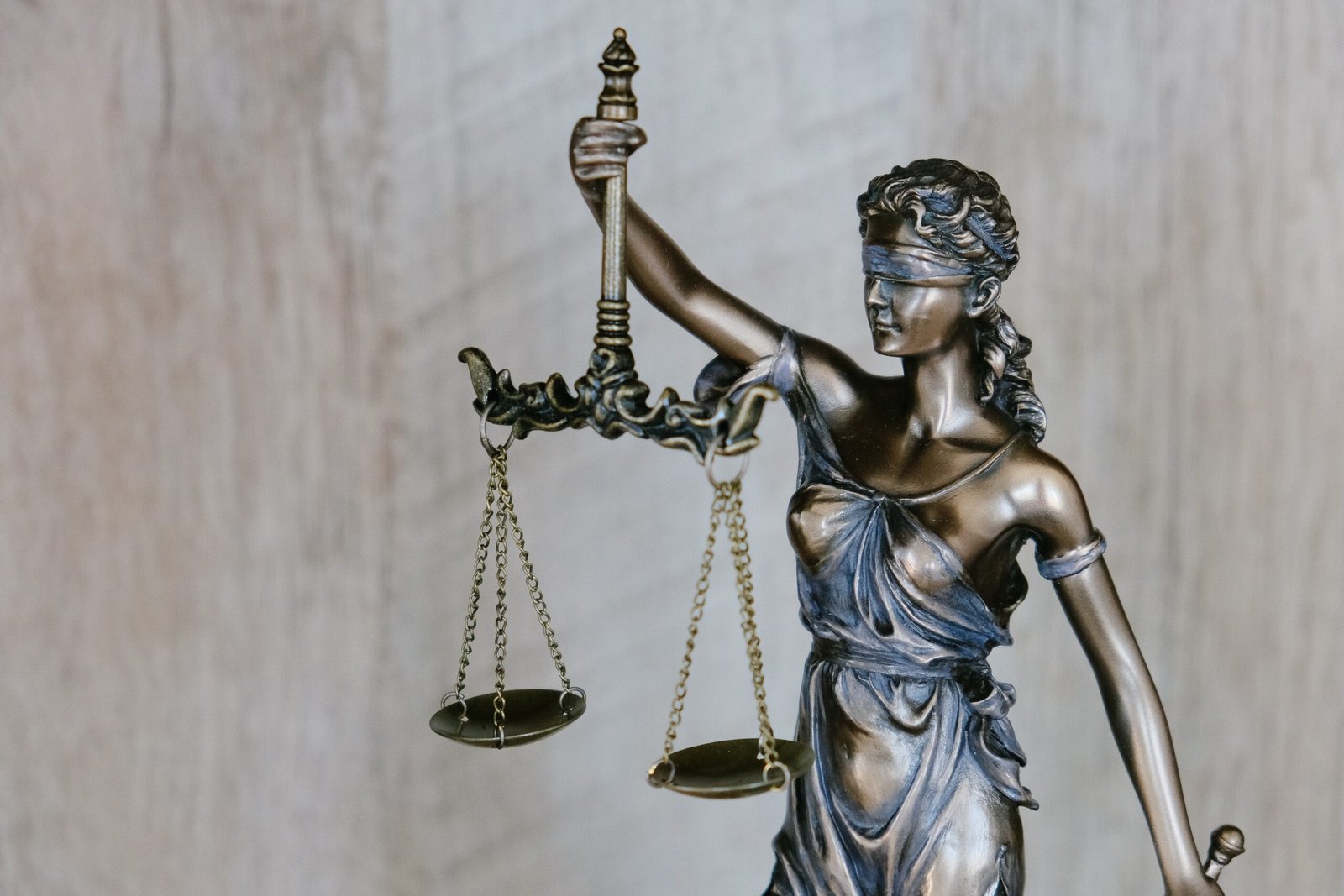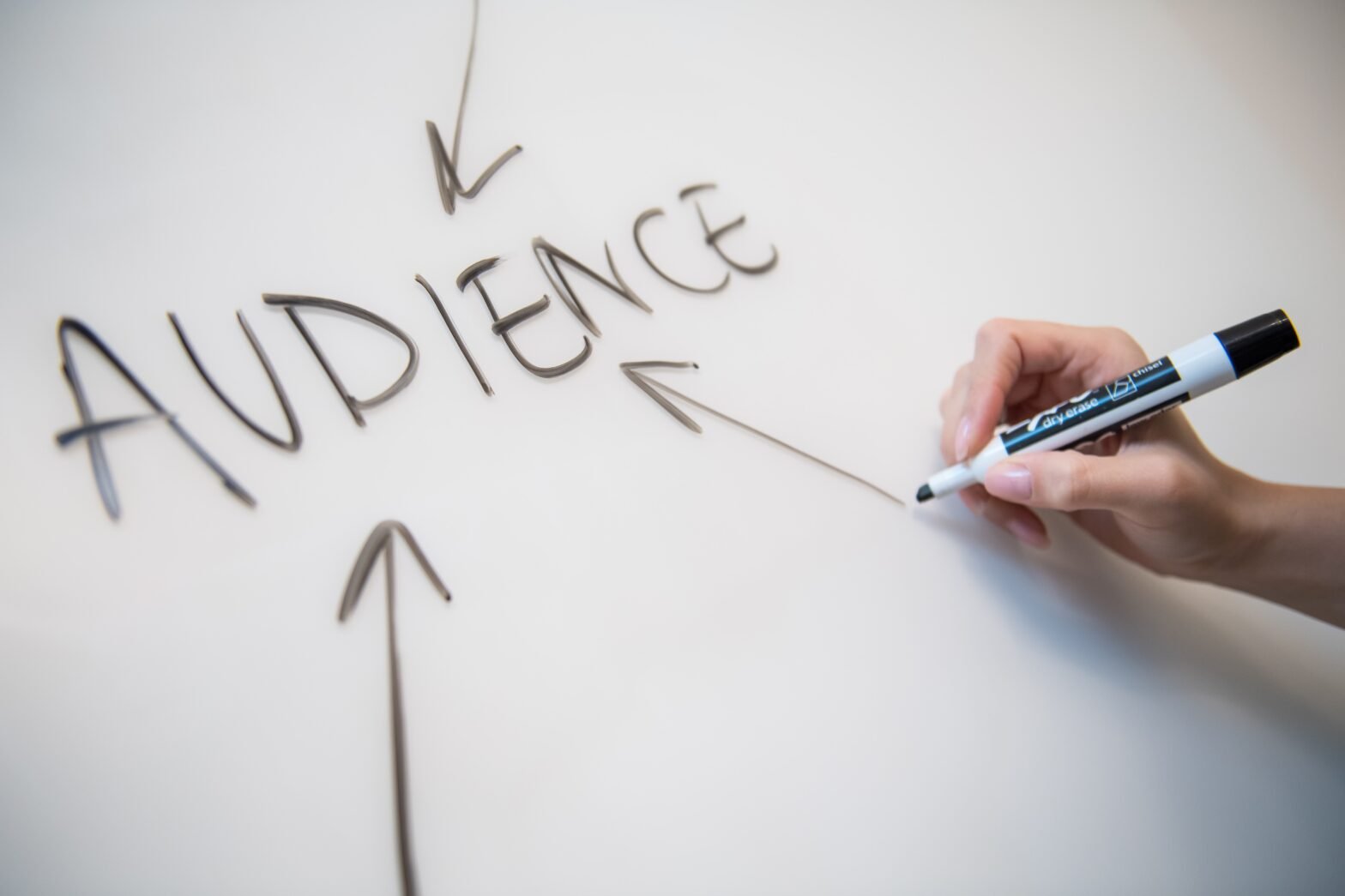In the realm of legal matters, finding oneself on the receiving end of a lawsuit can be a daunting experience. However, the situation becomes even more challenging when an individual lacks the financial means to adequately defend themselves. When someone is sued and finds themselves devoid of the necessary resources, a series of consequential events unfolds with potentially far-reaching implications. This article examines the complex landscape that unfolds when legal action is brought against individuals who face the sobering reality of limited financial means, exploring the potential outcomes and avenues for recourse in such unfortunate circumstances.
Understanding Lawsuits
Lawsuits are legal disputes brought to court to resolve conflicts between parties. They are a fundamental aspect of the legal system, providing individuals and businesses with a means to seek justice and resolve conflicts. Understanding the basics of lawsuits, the different types, and the legal proceedings and outcomes is crucial to navigating this complex legal terrain.

Check Other Money Aesthetic Aricles
The basics of lawsuits
Lawsuits typically involve one party, known as the plaintiff, filing a complaint against another party, known as the defendant, seeking legal remedies or compensation for alleged harm or wrongdoing. The complainant must demonstrate that the defendant’s actions or negligence caused them harm or violated their rights. The laws governing lawsuits vary depending on the jurisdiction, but generally, the legal system aims to ensure fairness and justice for all parties involved.
Different types of lawsuits
Lawsuits can cover a wide range of legal issues, including personal injury, contract disputes, employment discrimination, intellectual property infringement, and many more. Each type of lawsuit has its own set of rules and procedures. It is essential to understand the specific legal context of your case and consult with a knowledgeable attorney who specializes in the relevant area of law.
Legal proceedings and outcomes
Once a lawsuit is initiated by the filing of a complaint, the defendant must respond and present their defense. This process often involves gathering evidence, conducting discovery, engaging in settlement negotiations, and potentially proceeding to trial. The outcome of a lawsuit can vary greatly, with potential results including settlement agreements, court-awarded judgments, or even dismissal of the case if there is insufficient evidence.
Preliminary Steps in a Lawsuit
When faced with a lawsuit, it is crucial to understand the preliminary steps involved and take appropriate action to protect your rights and interests.
Receiving the lawsuit papers
The first indication that someone is suing you is typically the receipt of lawsuit papers, often called a summons and a complaint. These documents notify you of the lawsuit, the allegations against you, and the court where the case has been filed. It is crucial to read these papers carefully, as they provide essential information about the case.
Understanding the allegations
After receiving the lawsuit papers, it is vital to thoroughly review and understand the allegations made against you. Take note of the specific claims, the legal basis for the lawsuit, and any damages being sought. Understanding the allegations will allow you to prepare an informed response and plan your defense strategy accordingly.
Check Other Money Aesthetic Aricles
Consulting an attorney
Once you have received the lawsuit papers and understood the allegations against you, it is highly advisable to consult with an experienced attorney. An attorney can provide invaluable guidance and representation throughout the legal process, offering professional advice and advocating for your rights. They can assess the strength of your case, explore potential defenses, and help you navigate the complex legal proceedings ahead.
Legal Aid and Pro Bono Services
For individuals facing a lawsuit without the financial means to hire an attorney, there are legal aid and pro bono services available to provide much-needed support.
Exploring legal aid options
Legal aid organizations offer free or low-cost legal services to individuals who meet certain income and eligibility requirements. These organizations aim to ensure equal access to justice for those who may not be able to afford traditional legal representation. Researching and contacting local legal aid organizations can help determine if you qualify for their assistance.
Criteria for eligibility
Eligibility for legal aid services typically depends on factors such as income level, assets, family size, and the type of legal issue involved. Each organization has specific guidelines, so it is essential to review their eligibility criteria to determine if you qualify for their assistance.
Pro bono services for low-income individuals
Pro bono services are rendered by private attorneys who voluntarily provide free legal representation to individuals in need. Many law firms and bar associations have pro bono programs that match eligible individuals with attorneys willing to take on their cases. Exploring pro bono options can be a lifeline for those who cannot afford legal representation.
Defending Yourself Without an Attorney
While having legal representation is generally recommended, it is possible to defend yourself in a lawsuit if hiring an attorney is not feasible. It is crucial to approach the process with meticulousness and an understanding of the legal system.
Understanding the legal process
To effectively defend yourself without an attorney, you must have a solid understanding of the legal process. Familiarize yourself with court rules, procedures, and deadlines to ensure compliance. Utilize available legal resources, such as online guides or self-help resources provided by the court, to educate yourself about the process.

Check Other Money Aesthetic Aricles
Preparing and filing a response
As a defendant, it is essential to prepare and file a timely response to the plaintiff’s complaint. The response should address each allegation and assert any applicable defenses. It is crucial to provide accurate and complete information to the court, as failure to do so can have negative consequences for your case.
Presenting your case in court
If your case proceeds to trial, you will need to present your defense to the court. This involves gathering evidence, preparing witnesses, and presenting your arguments effectively. While representing yourself can be challenging, proper preparation and adherence to court procedures can improve your chances of a favorable outcome.
Potential Outcomes of the Lawsuit
Understanding the potential outcomes of a lawsuit is essential for effectively managing your case and seeking a resolution.
Settlements and negotiations
One possible outcome of a lawsuit is a settlement agreement between the parties involved. Settlements allow for a resolution without the need for a trial, saving time, costs, and potential stress associated with extended legal proceedings. Negotiations between the plaintiff and defendant, often facilitated by their respective attorneys, aim to reach mutually agreeable terms.
Garnishment of wages
If a judgment is entered against you in a lawsuit, the court may allow the plaintiff to garnish your wages. This means that a portion of your earnings can be withheld by your employer and paid directly to the plaintiff to satisfy the judgment debt. Garnishment can have significant financial implications, affecting your income and ability to meet daily living expenses.
Asset seizure
In certain cases, where a judgment debtor fails to satisfy the court-awarded judgment, the court may authorize the seizure of assets to fulfill the debt. This can include bank account levies, property liens, or even the forced sale of personal property. Asset seizure is a serious consequence of a lawsuit and underscores the importance of prompt resolution or effective defense.
Debt Relief Options
For individuals facing financial challenges related to a lawsuit, exploring debt relief options may be necessary to mitigate the impact and regain financial stability.

Negotiating a repayment plan
If you are unable to pay a judgment in full, you may consider negotiating a repayment plan with the plaintiff or their representative. This can allow you to satisfy the debt over time, potentially reducing the financial strain while fulfilling your obligations. Open communication and a willingness to work out an agreement can often lead to mutually beneficial outcomes.
Seeking debt settlement
Another option to address a judgment debt is seeking debt settlement. Debt settlement involves negotiating a reduced overall payment amount with the creditor, typically in exchange for a lump sum payment or series of agreed-upon installments. It is crucial to approach debt settlement negotiations with caution and ensure that any agreements reached are properly documented.
Considering bankruptcy
In some cases, when the financial burden of a lawsuit and other debts becomes overwhelming, filing for bankruptcy may be a viable option. Bankruptcy provides individuals with a legal process to eliminate or restructure their debts while gaining protection from further collection actions. It is crucial to consult with an experienced bankruptcy attorney to evaluate your eligibility and determine the most appropriate course of action.
Consequences of Not Paying a Judgment
Failing to pay a judgment can lead to severe consequences that can further exacerbate your financial situation.
Interest and penalties
If a judgment is not paid promptly, interest and penalties may accrue, increasing the total amount owed. These additional charges can compound the debt, making it even more challenging to resolve. It is essential to address the judgment promptly to minimize the accumulation of interest and penalties.
Negative impact on credit scores
Unpaid judgments can have a detrimental effect on your credit scores. Credit reporting agencies may include the judgment on your credit report, resulting in a lower credit score. This can make it more difficult to obtain credit in the future, affecting your ability to secure loans, mortgages, or favorable interest rates.
Possible enforcement actions
To collect on a judgment, the plaintiff may seek enforcement actions, such as wage garnishment or asset seizure, as mentioned earlier. These actions can significantly disrupt your financial stability and limit your options for resolving the debt. It is crucial to address the judgment promptly to mitigate the risk of enforcement actions.
Working with Creditors and Debt Collectors
When facing a lawsuit or financial difficulties, effectively communicating and negotiating with creditors and debt collectors is crucial to finding viable solutions.
Communicating with creditors
Open and honest communication with creditors is essential throughout the legal process. Notify them of the lawsuit and discuss possible alternatives to resolve the debt. Proactive communication can help establish a dialogue, potentially leading to more favorable arrangements.
Negotiating payment arrangements
If you are unable to pay the full amount owed, negotiating alternative payment arrangements can be an effective strategy. Explore options such as extended repayment terms, reduced interest rates, or even lump-sum settlements. Creditors may be willing to work with you if you demonstrate a sincere commitment to fulfilling your obligations.
Understanding debt collection laws
Familiarize yourself with the applicable debt collection laws to ensure your rights are protected. The Fair Debt Collection Practices Act (FDCPA) establishes guidelines for debt collectors and prohibits abusive or harassing behavior. Understanding these laws will enable you to identify and report any potential violations, ensuring fair treatment throughout the debt collection process.
Seeking Legal Advice After Being Sued
Regardless of the specific circumstances of your lawsuit, seeking legal advice and guidance from an experienced attorney is crucial to protect your rights and explore all available options.
Consulting an attorney for guidance
After being sued, it is highly advisable to consult with an attorney to assess the merits of your case and determine the best course of action. An attorney can review the facts, evaluate potential defenses, and guide you through the complex legal proceedings. Their expertise will prove invaluable in ensuring that your rights are upheld and that you have the best chance for a favorable outcome.
Exploring potential defenses
An experienced attorney can analyze the details of your case and identify potential defenses that may be available to you. These defenses may include proving that the allegations lack merit, challenging the evidence presented by the plaintiff, or asserting a legal technicality that can lead to the dismissal of the case. Working with an attorney will increase your chances of mounting a successful defense.
Taking necessary legal actions
An attorney will guide you through the necessary legal actions to address the lawsuit effectively. This may involve filing a response, conducting discovery, negotiating settlements, or presenting your case in court. Having professional legal representation ensures that you adhere to all procedural requirements and maximize your chances of a favorable outcome.
Conclusion
Facing a lawsuit can be an overwhelming and stressful experience, especially when financial difficulties are involved. However, understanding your rights, seeking assistance from legal aid or pro bono services, and exploring debt relief options can help mitigate the impact of a lawsuit. Through proper preparation, effective communication, and the guidance of an experienced attorney, you can navigate the complexities of the legal system and work toward a resolution that protects your interests. Remember that in challenging situations, seeking support and understanding your options are pivotal in achieving the best possible outcome.











